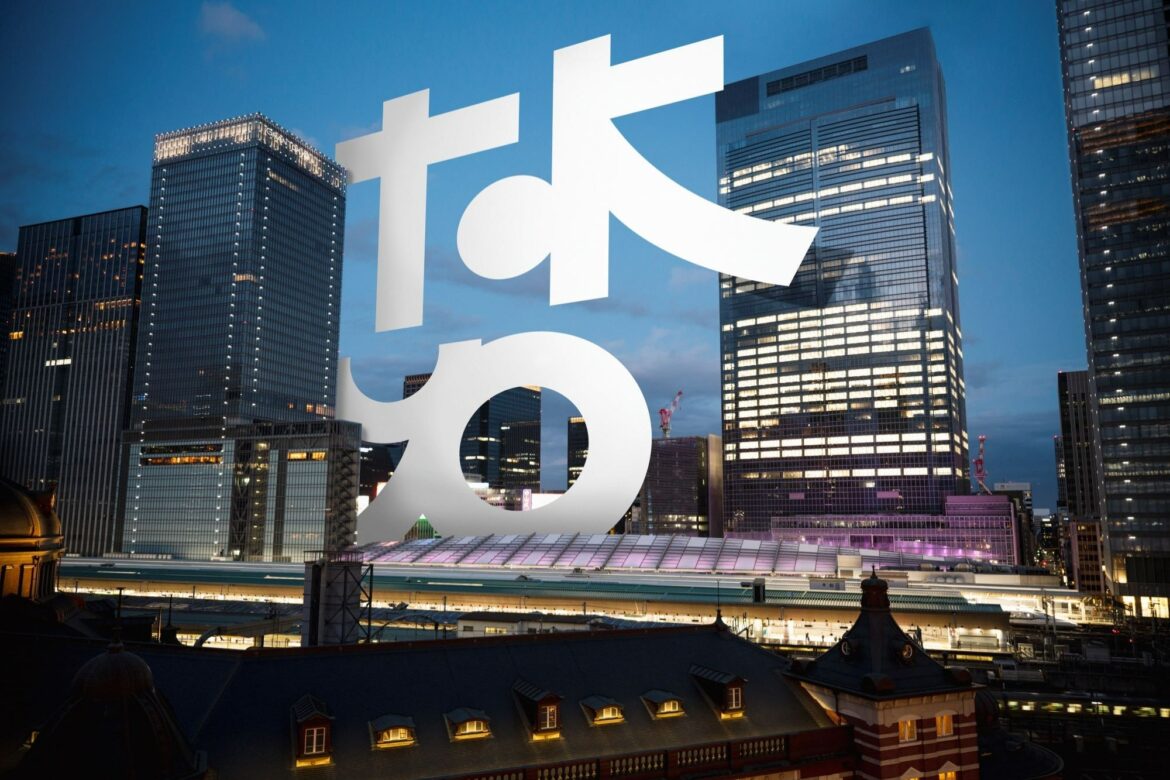You’re reading Entrepreneur India, an international franchise of Entrepreneur Media.
Amid rising operational costs, talent shortages, and a digital transformation gap at home, Japanese multinational corporations (MNCs) are rapidly pivoting to India as a strategic growth partner, according to the latest JoulestoWatts (J2W) GCC Adoption Survey 2025.
The survey spans senior leaders from over 50 Japanese firms across automotive, electronics, BFSI, and manufacturing sectors and highlights a strong and accelerating trend toward establishing global capability centres (GCCs) in India.
Respondents of the survey rated access to India’s skilled talent pool highest at 4.8/5, cost savings at 4.6/5, and acceleration of digital transformation at 4.4/5 — making these the top three drivers for GCC expansion. The survey identifies Bengaluru, Hyderabad, Chennai, Pune, Mumbai, and Delhi-NCR as preferred GCC destinations, thanks to their mature infrastructure and deep talent pools. Bengaluru and Hyderabad emerged as the most-preferred locations, with over 60 per cent of respondents shortlisting them for their next phase of growth, followed by Chennai, Pune, Mumbai, and Delhi-NCR.
Japanese firms are drawn by India’s unmatched supply of 1.5 million STEM graduates annually and the potential to reduce operational costs by up to 40 per cent. Crucially, this expansion transcends cost savings — companies are building innovation-driven hubs focused on R&D, automation, and 24/7 global operations.
Key problem statements driving the shift include Japan’s domestic labour shortage (cited by 72 per cent of leaders), high operational costs at headquarters (64 per cent), and slow pace of digitalisation (48 per cent).
“Our survey found that 72 per cent of respondents cite Japan’s domestic labour shortage as the leading driver for investing in India-based GCCs, closely followed by high costs and slow digitalisation at their headquarters. To maintain global competitiveness, firms are pursuing ambitious transformation goals in India — including 85 per cent process efficiency, a 20 per cent reduction in average handling time, and launching at least 15 AI/ML projects in the coming year,” said Priti Sawant, Founder and CEO of JoulestoWatts.
In fact, the survey finds that 42 per cent process automation, 15 AI/ML project launches, and a 60 per cent employee upskilling rate were set as firm targets by respondents for their India GCCs in 2025.
Sustainability is now a core GCC priority. Many Japanese companies are deploying real-time carbon monitoring systems, targeting a 25 per cent reduction in emissions by 2026 and aiming to source 40 per cent of their power from renewable energy. These initiatives align with global ESG standards and support India’s green energy ambitions. ESG scored a mean importance of 3.6/5 among survey participants, but 65 per cent plan to implement real-time carbon monitoring and green energy adoption in the next two years.
Industry-specific focuses are emerging as well. BFSI and IT respondents placed compliance and fintech innovation at the top of their GCC agendas, while automotive and manufacturing leaders prioritised EV battery R&D and smart factory technologies. Overall, the investment emphasis favors AI-driven decision-making, automation, cybersecurity, and ESG integration.
Priti also noted, “Interest in tier-II cities like Kochi and Pune is growing rapidly, driven by cost advantages and emerging talent pools. Companies are placing strong emphasis on workforce development, aiming for a 60 per cent upskilling rate across their Indian operations.”
Japanese corporations now view their India GCCs as Centers of Excellence — not just support centres — driving strategic transformation. Notably, 85 per cent process efficiency, a 20 per cent reduction in average handling time, and a Net Promoter Score of 60 or higher were identified as critical KPIs for measuring GCC success.
India’s favourable talent ecosystem and policy framework continue to attract long-term, innovation-led investments from Japan. These GCCs play a vital role in helping Japan address domestic challenges while strengthening Indo-Japanese economic ties. As Japanese firms look to future-proof their operations, JoulestoWatts’ survey underscores India’s emergence as a global GCC powerhouse offering unmatched talent, cost efficiencies, innovation capabilities, and sustainability leadership.


AloJapan.com